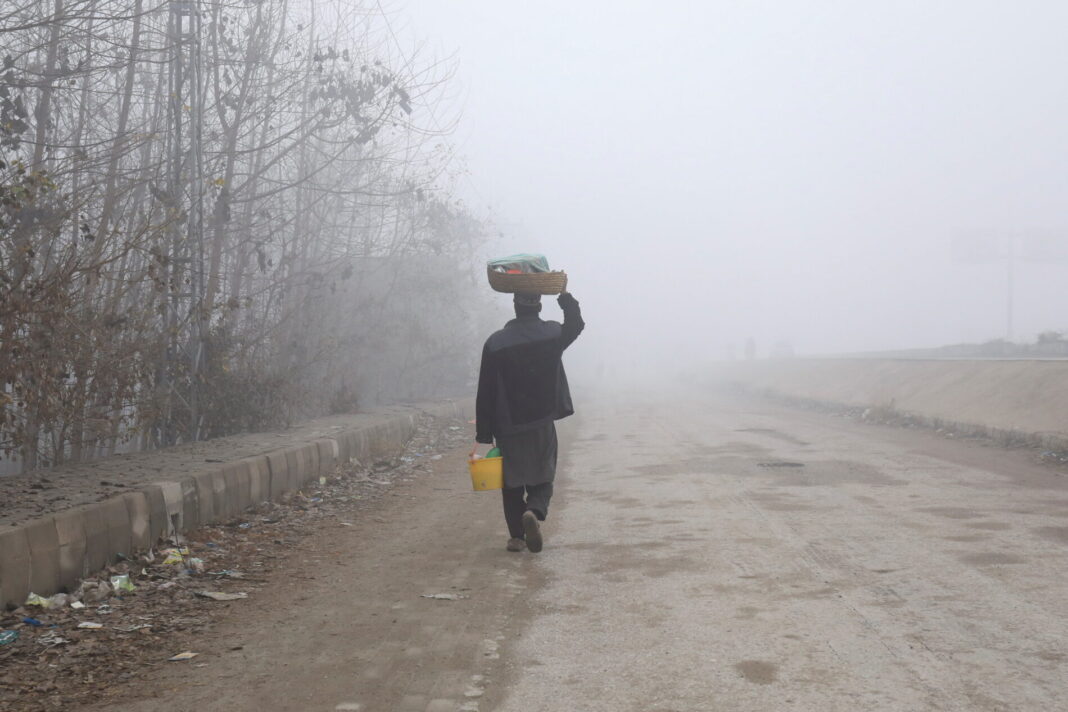Launched by Denmark and Costa Rica, the Beyond Oil and Gas Alliance is now involving many other EU Member States besides France. It is in fact the first international coalition of countries committed to ending oil and gas extraction
The weeklong COP26 had started with tensions between the summit’s host UK Prime Minister Boris Johnson and President of France Emmanuel Macron. The two have been unable to cease a dispute about the UK breaching the Brexit trade deal reached almost a year ago regarding fishing licenses. Following these arguments, Macron left the summit a day earlier than was originally planned. Despite the tensions, France managed to sign four major climate change pledges as a demonstration of its engagement in the decisions made at COP26.
Among those pledges is one that relates to clean energy. Since the 1970s, nuclear has been prominent in the French energy sector and nowadays corresponds to three-quarters of France’s electricity generation. Its CO2 emissions per capita are among the lowest in Europe. Nonetheless, the energy consumption corresponds to 70.3% of France’s greenhouse gas emissions, with housing and transportation as the primary sectors. Relying mostly on imports, France is the second largest consumer of energy following Germany but is ranking 43rd globally regarding oil production and 90thin gas production.
The BOGA Alliance
Now aiming at a 40% of greenhouse gas reduction by 2030 and at carbon neutrality by 2050, set out in its 2019 Energy and Climate Act, France joined the Beyond Oil and Gas Alliance (BOGA), which might represent a breakthrough in the fight against fossil fuels. It is in fact the first international coalition of countries committed to ending oil and gas extraction. Launched by Denmark and Costa Rica, the BOGA is now involving many other EU Member States besides France: Ireland and Sweden as core members, Portugal as an associate member and Italy as a “Friend”. These different types of membership imply different levels of political commitment, with a view of enabling the participation of governments that are not yet ready to commit to a full ban on oil and gas production. This element of inclusion, along with the participation of big players such as France, might lead to an increasingly higher number of EU Member States joining the coalition. As a result, with big producers such as the U.S. and Russia looking reluctant to become part of this process, the EU has another chance to be in the vanguard in the fight against climate change.
In addition to France and the EU, more than a hundred world leaders agreed to end deforestation by 2030 and decrease methane emissions by 30% by the same year and promised billions of € to help with financing the afforestation efforts. This is an extremely important pledge, mainly because the deforestation rates have picked up in the recent years. Earth’s rainforests lose significant amounts of their area each year to farming. The deforestation rate is believed to have increased mainly because the cleared off rainforest land doesn’t stay fertile for very long and so farming of any kind becomes nearly impossible rather quickly.
Destruction of the rainforest has, however, even more consequences. The rainforests are, by no accident, dubbed the lungs of earth because they can rid the planet of vast amounts of human produced CO2 responsible for the climate change. There’s also an incredible amount of biodiversity living in the rainforests along with incredibly complex ecosystems that are existentially important to the planet.
Towards a clean energy
On the last day of the conference over 20 countries, including France, Germany and the US, have signed a statement to shift overseas finance away from fossil fuels and towards clean energy. By covering all fossil fuels, including oil and gas, the deal goes further than the pledge made by G20 countries this year to halt overseas financing for just coal. In fact, it would cover all «unabated» projects, meaning that they burn fossil fuels without using technology to capture the resulting CO2 emissions. Countries that signed the pledge together invested nearly $18 billion on average each year in international fossil fuel projects from 2016-2020; these sums can now be invested in renewable energy causes.
The COP26 made it clear that the world leaders realize the importance of the earth’s climate. With that said, however, the summit’s conclusion did not end up bringing anything new to the table. In fact, it could be argued that it brought nothing: Boris Johnson and Emmanuel Macron, some of the most influential leaders, deemed their personal disagreements more important than the global issue of climate change they were supposed to be tackling. Despite all the pledges, this only added to the ridicule the summit was already receiving and further damaged its already fragile hopes that left many unsatisfied. The conclusion of the summit ended up being rather disappointing and left many wondering whether it was an honest initiative or just another ruse.
Launched by Denmark and Costa Rica, the Beyond Oil and Gas Alliance is now involving many other EU Member States besides France. It is in fact the first international coalition of countries committed to ending oil and gas extraction





